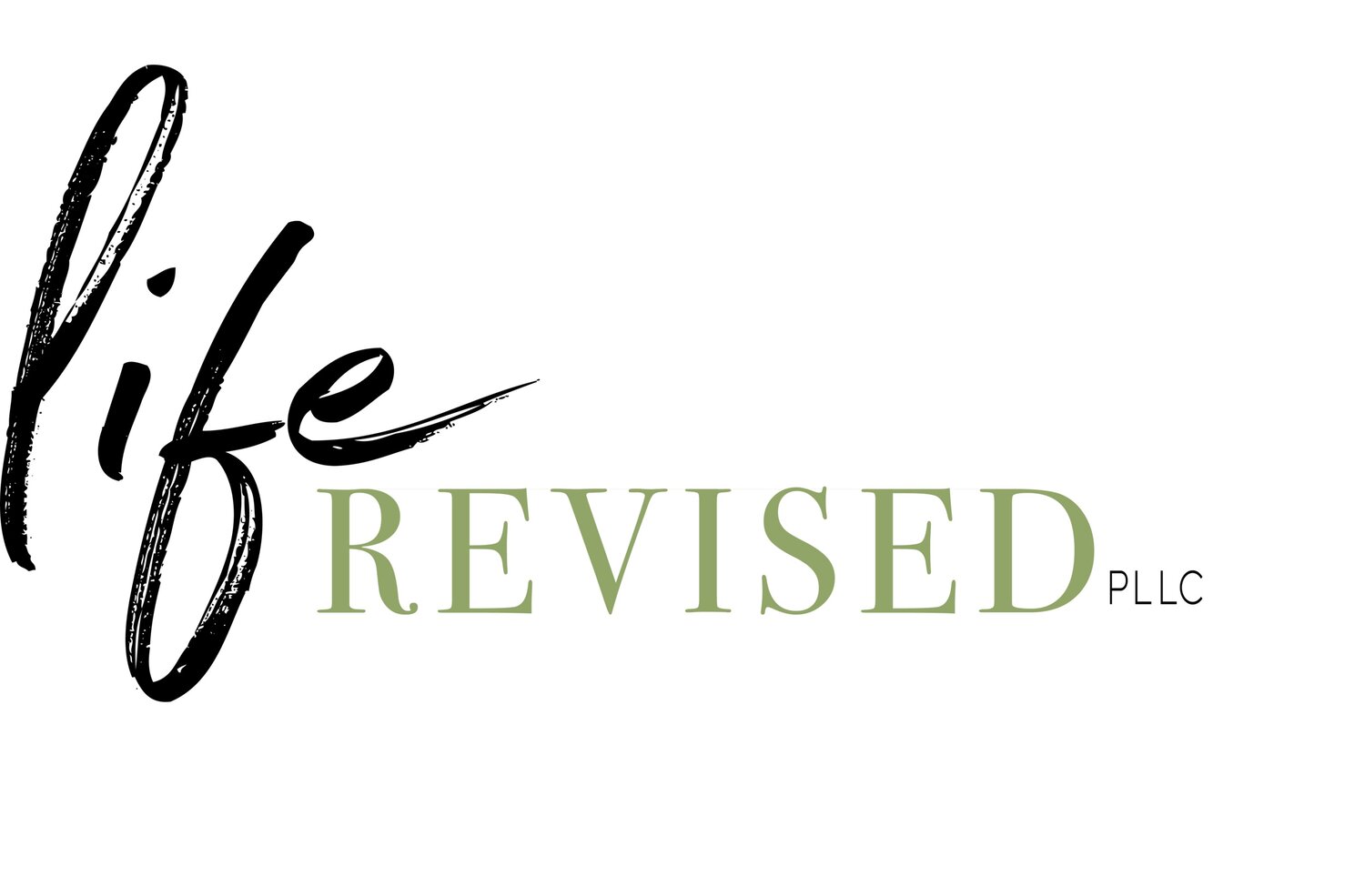A Guide For Those That Give And Rarely Get
“It is better to give than to receive.” -Bible, Acts 20:35
Giving is a virtue that many of us have been raised to strive for. It is a character trait belonging to the heroes and the good guys in most stories. If this is true, why are there so many selfless givers that feel hurt, used and miserable?
It is not that giving is wrong per se, many of us are just doing it wrong.
1. A Good Giver Is A Good Receiver.
The first time I learned about this I was sitting in a salon chair getting my hair washed, My stylist offered to give me a complimentary hand massage to pass the time as the conditioner soaked in. I have long, thick hair. I know it is no small, physical feat to wash, cut, color and blow dry it. I didn’t want to have to make this poor girl give me a hand massage, too! It felt greedy, selfish and wrong.
“Oh, no thank you.” I replied.
“Interesting.” she said. “None of my therapist clients ever go for the hand massage.”
“Really?” I replied. “It must be because we have empathy and know how hard you work and don’t want you to work harder.”
“I think it is because many therapists are used to being givers and helpers and they don’t realize that part of being a good giver means you need to be a good receiver. Think about when you give or help someone. Doesn’t it feel good to do that?” she asked.
“Yeah, of course.”
I will never forget what she said next.
“Well not allowing yourself to receive from others, not only does a disservice to you, because you don’t get the help or the gift, but it denies the person trying to give or help you the joy and satisfaction of being able to help or contribute.”
This Blew. My. Mind.
I had never thought of it that way before. The whole time I was prideful in not having to bother someone else for help and always giving, I was denying myself and the giver of satisfaction and joy!
“Until we can receive with an open heart, we’re never really giving with an open heart. When we attach judgement to receiving help, we knowingly or unknowingly attach judgment to giving help.” -Brené Brown
If you are someone that gives and gives until you have nothing left, feel drained and disappointed that others don’t give to you in return, are you a good receiver? Do you allow others to help you? Do you ask for what you want? Or do you feel like you have to do it all yourself? Being a good receiver, may be the key for you to be a good giver that feels more happy and satisfied.
2. Know Your Limits.
Are you giving past your capacity?
Do you have the bandwidth to give to others?
These are important questions to ask yourself. Many of us give beyond what we are physically, financially, mentally and emotionally capable of. We give simply because we have a hard time saying no. So we push past our limits to accommodate the needs of others. This can cause a chronic problem of ignoring or becoming numb to your own needs, in order to not disappoint others. Some of us believe that giving past our limits is an act of true love and giving, a badge of honor. No one in a healthy relationship wants someone to give to them in a way that is past the givers capacity. No healthy relationship truly wants you to be a martyr in giving. Service to others at the expense of yourself is the psychological pattern of the martyr complex. It causes burn out and stresses your relationships. It leads to resentment.
When learning to be a therapist one of the most important lessons they teach is to have good boundaries. This helps you to not give past your capacity, so that you can practice helping others in a healthy way. Everyone needs to know what their boundaries are and how to maintain them with others. Practicing mindfulness or being present with what you are feeling can help guide you to understanding what those limits are. Allowing yourself to say no and be okay with it takes practice. It may be unsettling and cause feelings of guilt and fear at first, but with practice you can do it with ease as you reap the benefits of giving what you have the capacity to give, rather than sacrificing your wellbeing.
(Do you struggle to say, “No.”? Click the link to download the free guide to help you figure out what to say. “How to Say No With Love.”)
3. Practice Self-Care.
You know what helps increase your capacity to give?
Self-care.
It is how you fill your cup so that you can give from the overflow, rather than scraping the bottom of the glass. Unfortunately, self-care is at the bottom of most givers to-do list. Everyone and everything else comes first. We mistakenly believe that taking care of ourselves is selfish. I encourage you to challenge that belief. Taking care of yourself allows you to be at your best physically, mentally and emotionally and everyone around you benefits from that. You have more energy to give and you are more pleasant to be around. Self-care makes you better at serving others. Add it to the top of your to do list and make it a priority if you are feeling depleted and used from giving so much to others. I’m talking real self care, too. Not just an occasional mani-pedi. I’m talking about making sure you are showering, eating healthy, moving your body regularly, going to see the doctor, seeing a therapist, socializing with your friends, using positive self talk and allowing yourself to truly rest.
(Do you struggle with self care? Click the link to download my free guide, “30 Days Of Self Care” for some ideas!)
4. Check For Patterns Of Codependency.
Codependency is a dysfunctional relationship where one person is the caretaker and the other person takes advantage. People who become the caretaker often (but not always), come from a family where there was emotional abuse or neglect. It is a term that originated from families of addicts. For example, a family member, covers for, pays for or excuses the addicts behavior. Now we know this behavior is not limited to addicts. It is rampant in our society. Codependency manifests in all kinds of relationships between, family, friends, coworkers etc. Not only does codependency hurt the caretaker, it hurts those that are being taken care of because the caretaker is enabling the poor behavior.
If you are feeling hurt, betrayed or frustrated with how much you are giving and how little you are getting, check to see if you are falling in to a co-dependent pattern. Is your giving and helping actually hurting? Are you rescuing someone from experiencing the consequences of their poor behavior, thus perpetuating the problem? This not only causes you pain, but the person you are helping never learns from the pain of their mistakes or what they are capable of doing for themselves. Being the rescuer can help you feel like you have a sense of control or are the hero, it can make you feel good and like you have a sense of purpose or that you are needed, but it isn’t always helpful. Remember, you teach people how to treat you. If you are allowing someone to take advantage of your kindness and generosity, you are teaching them that is okay. When you are codependent, the line between helping and hurting is very thin and difficult to navigate. It can feel scary to set a boundary with the person you are helping because you fear you will be rejected or that they won’t be able to cope. Hiring a therapist can be an excellent way to help you navigate healthy boundaries. The book, “Co-dependent No More,” by Melodie Beatty, can be a helpful resource as well.
(Click the button to schedule a free 15-minute consult with me to see if we would be a good fit to help manage your codependent behaviors.)
5. Reflect On Your Intentions Behind Giving.
Why are you a giver?
Often times, we get ourselves into trouble when we are givers because we give with an unspoken expectation of receiving something in return. We keep a mental tally of the sacrifice we have made for the other person, secretly hoping to cash in on it some day. These quid pro quo relationships are not only unhealthy, but leave us feeling hurt, unappreciated and taken advantage of. Giving with the intention that we may get something back, or with string attached is not actually giving.
Brace yourself because what I am about to tell you may feel like a sucker punch. As a recovering people pleaser myself, I was almost offended when I first heard this concept, but it is true.
(Give yourself some time to process this, reflect on this and take it in.)
Sometimes, we give because we are people pleasers. People pleasing is when we give or perform actions thinking we can manipulate the outcome. Giving because you are trying to please others in order to make them like you more or to be in their favor is not actually giving, it is manipulating. It is not a loving selfless act, it is giving so that you can get what you want.
If you are a giver and find you are not getting much back and are filled with hurt and resentment, check to make sure that you are not giving with some sort of strings attached, whether consciously or unconsciously. It is not only unfair because the other person that is receiving is unaware of your expectation and doen’t have the option to agree to it, but it is inauthentic because it is not aligned with your true feelings. This type of giving comes from fear of losing someone or something, not from love.
Following these guidelines can not only help you to be a better giver, but it can also help you get more out of what you give. It will help you give to others in a way that is sustainable and healthy. This will help you avoid feeling hurt, disappointed, unappreciated and taken advantage of.
I would love to hear your thoughts. Do you agree with the points on this guide? Let me know in the comments!

